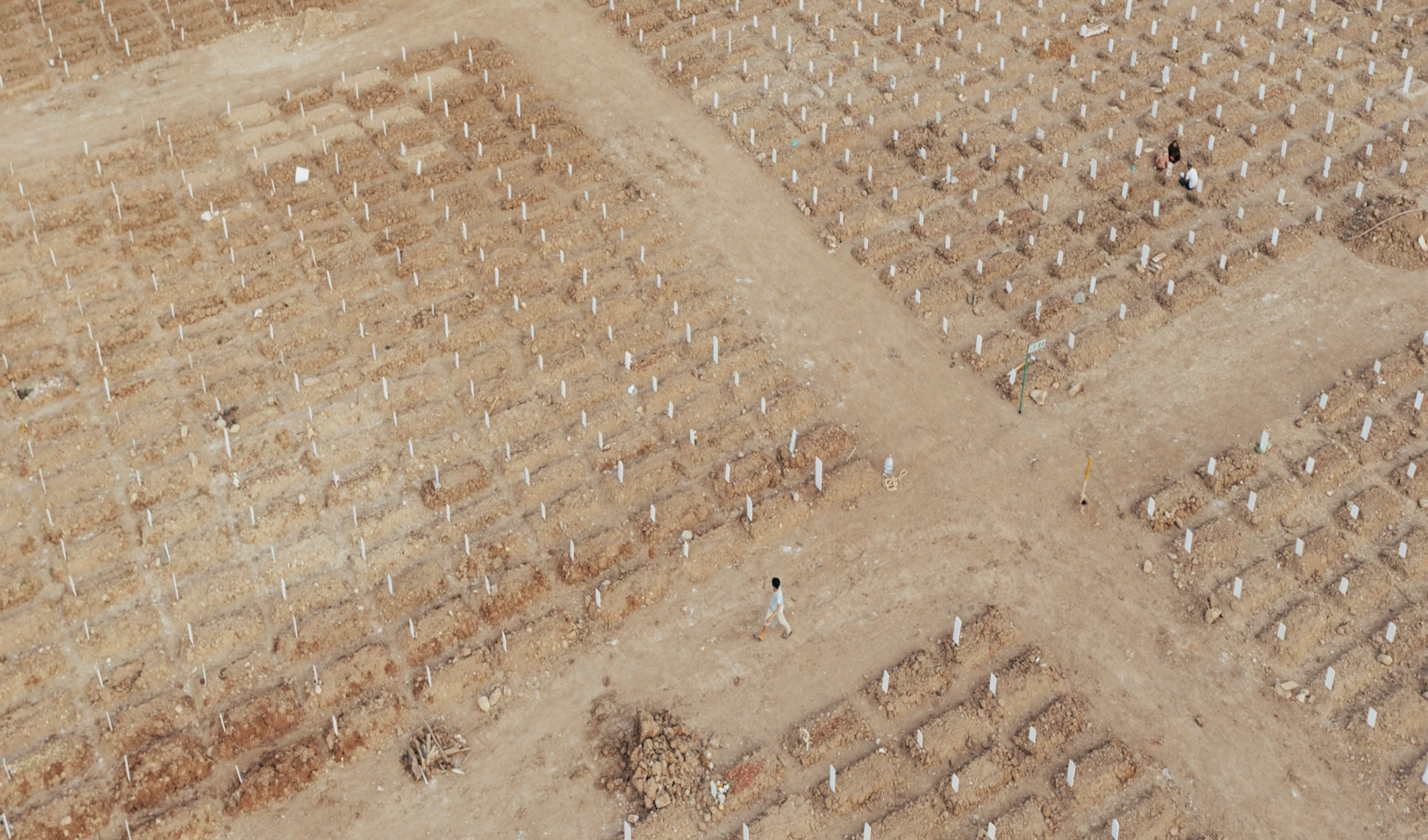GABY RUSLI WRITES — Indonesia has become one of the world’s epicenters for COVID-19 in recent weeks. With a dramatic surge in cases-averaging 50,000 per day-as well as bed and oxygen scarcity, the country’s Third World history and residual characteristics have thrust it into an especially damaging, vulnerable position.
While Indonesia is no longer classified as a Third World country due to its rapid economic growth and steadier government in past decades, poverty continues to plague much of the Indonesian population. With COVID-19, things have gotten worse for the financially vulnerable. While the World Bank announced that Indonesia had graduated to “upper middle income status” [in 2020] Indonesia’s GNI per capita has now dropped to $3,870.
Many in Indonesia cannot afford to stop working so they continue risking their health and safety. Meanwhile, those who can comfortably afford not to work continue to make the pandemic worse by cheating the system and bribing anyone they deem necessary to get what they want. As the government tries to enforce stricter regulations such as temporarily closing any non-essential businesses and imposing a curfew for restaurants and supermarkets, the privileged believe that the curfew and guidelines simply don’t apply to them. Instead of following these guidelines and staying home for the good of the public, many choose to host gatherings at homes or in their business establishments.
Now, this is not an attack on the privileged – there is nothing wrong with being in that category. For example, a very generous man named Akidi Tio donated his fortune of around $138 million towards COVID-19 recovery in South Sumatra, prompting whispers of amazement and curiosity from millions of Indonesians. This is a very commendable act, geared toward advancing public health and the country’s well-being! But there are also many who have benefitted from the pandemic, mostly already wealthy individuals hungry to do whatever it takes to become even richer; for example, some Indonesian media conglomerates have promoted the drug Ivermectin, which is meant to treat parasite infestations, as the cure for COVID-19.
In an opinion piece Ary Hermawan, a PhD student at the University of Melbourne’s Asia Institute and an editor-at-large of the Jakarta Post stated that the pandemic has revealed Indonesia’s broken system, which lets “state power lie in the hands of a select few who are elected to public office through either corruption or elite patronage.”
True enough! Late December of 2020, a former State Minister was caught by the Corruption Eradication Commission (KPK) using pandemic relief funds to pay for lavish private jets. The funds were also used to finance the political campaigns of a few candidates ahead of the regional head elections. Isn’t this an abuse of power?
In addition, there is a widespread misconception among the public that being vaccinated will eliminate any chance of infection. It does not. How did this idea spread? Maybe by a lack of credible sources in journalism. What’s more, many of the older generation (mostly Boomers) hear information by word of mouth or through WhatsApp messages shared by their close friends. Although the younger generation may be more informed, a considerable percentage simply do not think COVID-19 would be anywhere near fatal. But that’s not necessarily so.
What can be done? COVID-19 has highlighted the need for independent journalism and schools to teach the importance of fact-checking. Indonesia’s news channels and newspapers are often biased and carefully curated to avoid discussing controversial subjects even if, discussed openly, to do so would very possibly be better for the future of the nation. Moreover, Indonesian youths should be taught the connection between personal health and public health, especially now, with new COVID-19 variants, which experts say are more infectious than ever. And of course, Indonesia needs to strengthen both its commitment to eradicating corruption and continuing to teach current and future generations the importance of integrity. That’s a lot to ask, but it must be done.

